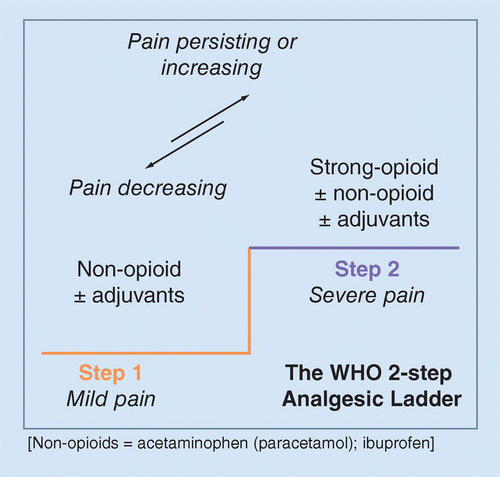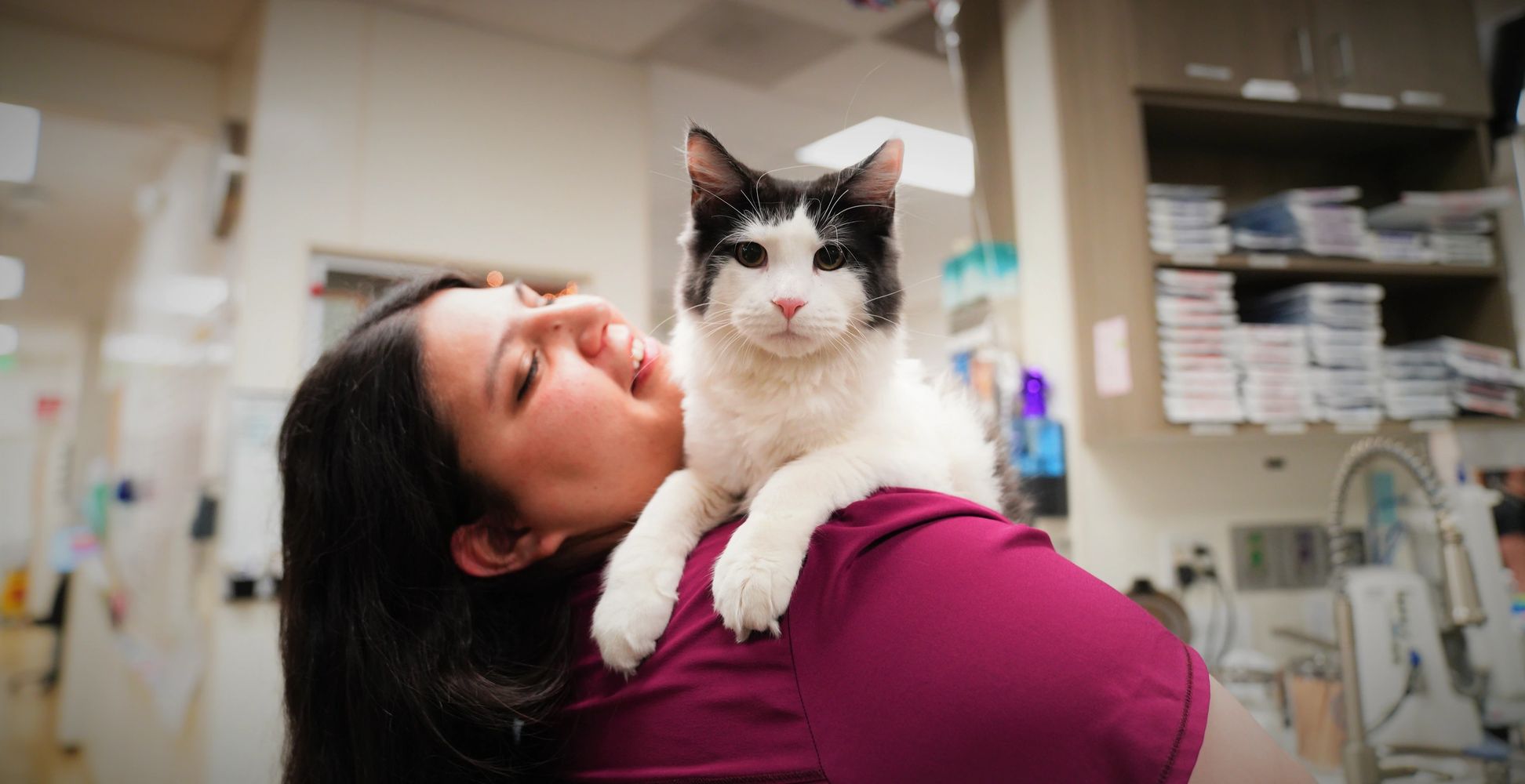
Pediatric neurosurgery refers to a subspecialty under neurosurgery. This includes all types of surgery for the nervous system, spine cord, brain, and other areas. Pediatric neurosurgery's goal is to treat neurological disorders in children. The surgeons at Children's Hospital of Philadelphia treat patients of all ages.
Dr. Cohen
Dr. Cohen is the chief pediatric neurosurgeon at Johns Hopkins. He was previously the chairman of the Department of Neurosurgery, Boston Children's Hospital. He is also an assistant professor at Harvard Medical School in neurology. He has numerous honors and awards, including the National Achievement Award for Children's Miracle Network.
Dr. Cohen's training and experience in minimally invasive spine surgery has helped him establish a reputation as a leading surgeon in the country. He also pioneered the use and treatment of epilepsy-related pediatric patients using stereotactic EEG. He is board-certified in neurosurgery for both adults and children.
Dr. Pollack
Dr. Pollack co-directs University of Pittsburgh Cancer Institute. He is also codirector of University of Pittsburgh Brain Tumor Center. He has over 370 publications in refereed journals. He also edited three books about pediatric brain cancers.

Patients' Choice honors doctors who have made a positive contribution to their patients' lives. The doctor's overall score and bedside manner determine the physician's certification. Dr. Pollack graduated from Johns Hopkins University School of Medicine with a medical degree in 1984. He is board certified in Neurological Surgery and affiliated with the Children's Hospital of Pittsburgh Of UPMC.
Dr. Abel
Pediatric neurosurgeons are skilled in treating children with neurologic conditions such as epilepsy and Parkinson's disease. Dr. Abel, one of the division's surgeons, is also a member. His service as a soldier provides him with a unique perspective that allows him to focus on his practice. He is a great choice for children with complex neurological conditions. His compassionate approach has lead to many successful surgeries.
Dr. Abel is a board-certified pediatric neurosurgery specialist, and specializes on movement disorders and epilepsy. His clinical interests include both traditional and advanced neuromodulation. Additionally, he provides treatment for patients with hydrocephalus, congenital and acquired spinal anomalies, as well as brain tumours.
Dr. McDowell
Dr. McDowell has a particular interest in craniocervical disorders in children and skull base disorders. He is also involved in noninvasive monitoring and is working with investigators from Carnegie Mellon University on a new technology to measure intracranial pressure in children and adults.
Dr. McDowell completed his medical training at the University of Pittsburgh Medical Center. He is currently a neurosurgery Fellow at UPMC Children's Hospital of Pittsburgh. On July 1, 2022, he will join the University of Pittsburgh Department of Neurological Surgery Children's Hospital of Pittsburgh. He received his undergraduate biochemistry degree from Arizona State University, and was named valedictorian of the 2005 class.

Dr. Robinson
Dr. Robinson is a board-certified pediatric neurosurgeon who specializes in pediatric neurosurgery. Robinson has been in practice for fifteen years. He has subspecialty interest in cerebral palsy and movement disorders. He is also proficient in Selective Dorsal Rhizomy, Deep Brain Stimulation, and the Baclofen Pump.
Numerous organizations have awarded Dr. Robinson the distinction of being an exceptional pediatric neurosurgeon. Recently, she was elected to be a member of American Society of Pediatric Surgeons' Executive Council. This organization is one of America's most prestigious pediatric neurosurgical groups. She is currently the Council's first female president and was also elected to this position. She is also affiliated at Piedmont Hospital and Northside Hospital.
FAQ
What is the point of medical systems?
People in developing nations often do not have access to basic health care. Many people from these areas die before they reach middle-age due to diseases like tuberculosis or malaria.
People in developed countries get routine checks and see their general practitioners for minor ailments. But, many people still have chronic illnesses such as heart disease or diabetes.
What are the primary functions of a healthcare system?
The health care system should provide adequate medical facilities for people who need them at a reasonable cost while ensuring access to quality services by all.
This includes providing preventive healthcare, promoting healthy lifestyles, as well as appropriate treatment. It also means equitable distribution of resources in the health care system.
What should I know about vaccines?
Vaccines are a safe and effective way to protect your health. Vaccines protect you from certain diseases. Vaccinations can be given at specific times throughout your childhood, adolescence, or adulthood. Your doctor will advise you when it is best for you to be vaccinated.
What are the various types of insurance for health?
There are three main types of health insurance:
-
Private health insurance covers most costs associated with your medical care. This type of insurance is often purchased directly from private companies, so you pay monthly premiums.
-
The majority of the costs of medical care are covered by public health insurance, but there are limitations and restrictions to coverage. Public insurance, for example, will not cover routine visits to doctors or hospitals, labs and X-ray facilities.
-
For future medical expenses, medical savings accounts are used. The funds are held in a special account that is separate from any other kind of account. Many employers offer MSA programs. These accounts are exempt from tax and earn interest at rates comparable to savings accounts.
What does it mean to "health promote"?
Promoting health is about helping people live longer and stay healthy. It is more about preventing illness than treating it.
It includes activities such as:
-
Eating right
-
Get enough sleep
-
exercising regularly
-
Staying fit and active
-
Smoking is not permitted
-
managing stress
-
Keeping up with vaccinations
-
How to avoid alcohol abuse
-
Regular checkups and screenings
-
Learn how to deal with chronic illnesses.
What is the best way to learn about health insurance?
Keep track of any policy documents you have if your health insurance covers you. Make sure you understand your plan and ask questions whenever you have doubts. Ask your provider for clarification or contact customer service if you are unsure.
When you use your insurance, remember to use the deductible on your plan. Your deductible determines how much you have to pay before insurance will cover the rest.
What is the role of private sector?
In delivering healthcare, the private sector is vital. For example, it provides some of the equipment used in hospitals.
It also covers some hospital staff. It makes sense for them also to participate in running it.
However, there are limitations to what they can offer.
The government provides free services that private providers can't always match.
And they shouldn’t try to run it all. This could result in a system that isn't cost-effective.
Statistics
- Price Increases, Aging Push Sector To 20 Percent Of Economy". (en.wikipedia.org)
- For instance, Chinese hospital charges tend toward 50% for drugs, another major percentage for equipment, and a small percentage for healthcare professional fees. (en.wikipedia.org)
- About 14 percent of Americans have chronic kidney disease. (rasmussen.edu)
- Healthcare Occupations PRINTER-FRIENDLY Employment in healthcare occupations is projected to grow 16 percent from 2020 to 2030, much faster than the average for all occupations, adding about 2.6 million new jobs. (bls.gov)
- Over the first twenty-five years of this transformation, government contributions to healthcare expenditures have dropped from 36% to 15%, with the burden of managing this decrease falling largely on patients. (en.wikipedia.org)
External Links
How To
What is the Healthcare Industry Value Chain
The entire healthcare industry value-chain includes all activities related to providing healthcare services to patients. This includes all the business processes that occur within hospitals and clinics as well as the supply chains that link them to other providers, such as doctors, nurses, pharmacists or insurance companies. The end result is a continuum, which begins with diagnosis and ends at discharge.
The value chain consists of four major components.
-
Business Processes are the tasks carried out by employees throughout the entire health care delivery process. A physician might order medication for a patient, then perform an examination. Every step must be done efficiently and accurately.
-
Supply Chains are all the organizations responsible for making sure the right supplies reach their intended recipients at the right time. A hospital might have several suppliers. These could include lab testing facilities, imaging centres, pharmacies, or even janitorial personnel.
-
Networked Organizations (NO) - In order to coordinate the various entities, communication must exist between all parts of the system. Hospitals typically have many departments, each with its own set of offices and phone numbers. Employees will be able to access a central point for information and updates in every department.
-
Information Technology Systems - IT plays a critical role in business process efficiency. It is essential to ensure that business processes run smoothly. Without IT, everything would be a mess. IT provides an opportunity to integrate new technologies into the system. Doctors, for example, can connect to a secure internet connection to access electronic medical records.